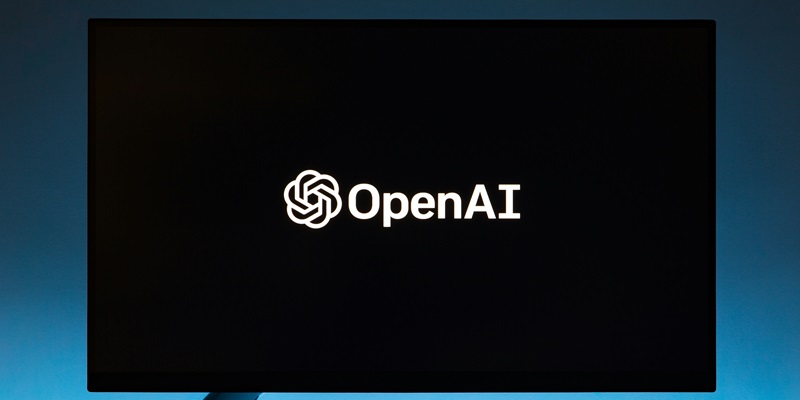In a strategic move to reinforce its governance structure and leadership, OpenAI has executed a significant board reshuffle. This includes the welcome of three new independent directors, each bringing a wealth of experience from diverse professional backgrounds. These directors are Sue Desmond-Hellmann, formerly with the Gates Foundation; Nicole Seligman, an ex-Sony executive; and Fidji Simo from Instacart. The purpose behind this infusion of talent is to provide OpenAI with sage counsel and direction as it confronts the multifaceted challenges of evolving AI technology. The restructured board will reportedly be steered by Bret Taylor, stepping into the role as its new chair. Taylor’s previous experience leading Salesforce is expected to contribute to a stable and visionary leadership for OpenAI.
This adjustment in the boardroom follows a turbulent phase that included the temporary dismissal of CEO Sam Altman, an action that was subsequently deemed unnecessary by the independent law firm WilmerHale. Despite this incident, Altman remains at OpenAI’s helm, together with co-founder Greg Brockman, implying a retained continuity in the organization’s upper echelons. The current board members, Adam D’Angelo and Larry Summers, are to retain their seats at the table, rounding out a board that is hoped to shepherd OpenAI with a blend of stability and innovation.
Strengthening Governance and Accountability
In line with enhancing board operations, OpenAI has implemented new corporate governance measures to heighten accountability and encourage ethical AI development oversight. A newly minted Conflict of Interest Policy aims to maintain decision-making integrity, mirroring OpenAI’s altruistic mission. Alongside, a whistleblower hotline has been launched to discreetly address concerns within the organization.
The introduction of vital committees, including a Mission & Strategy group, demonstrates OpenAI’s commitment to synchronizing its growth with ethical values. These groups are critical in guiding the company’s policies and ensuring OpenAI’s initiatives adhere to its overarching goal of societal benefit. By introducing these governance improvements, OpenAI showcases a resolved approach to integrating trailblazing AI innovation with responsible management and clear-cut governance.

